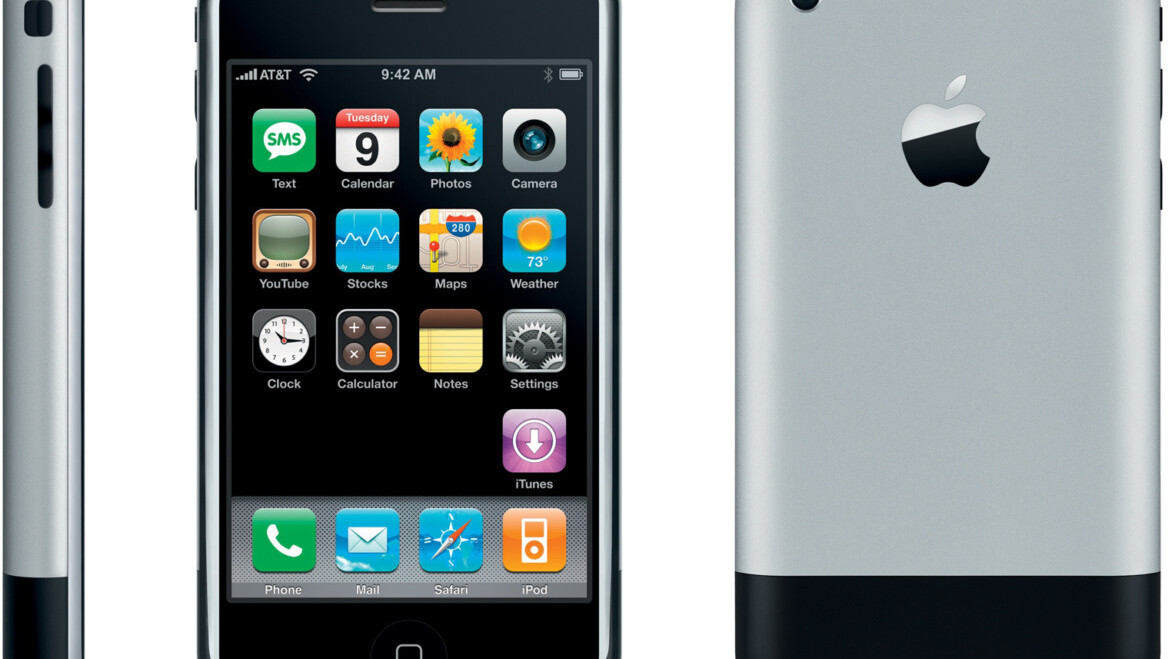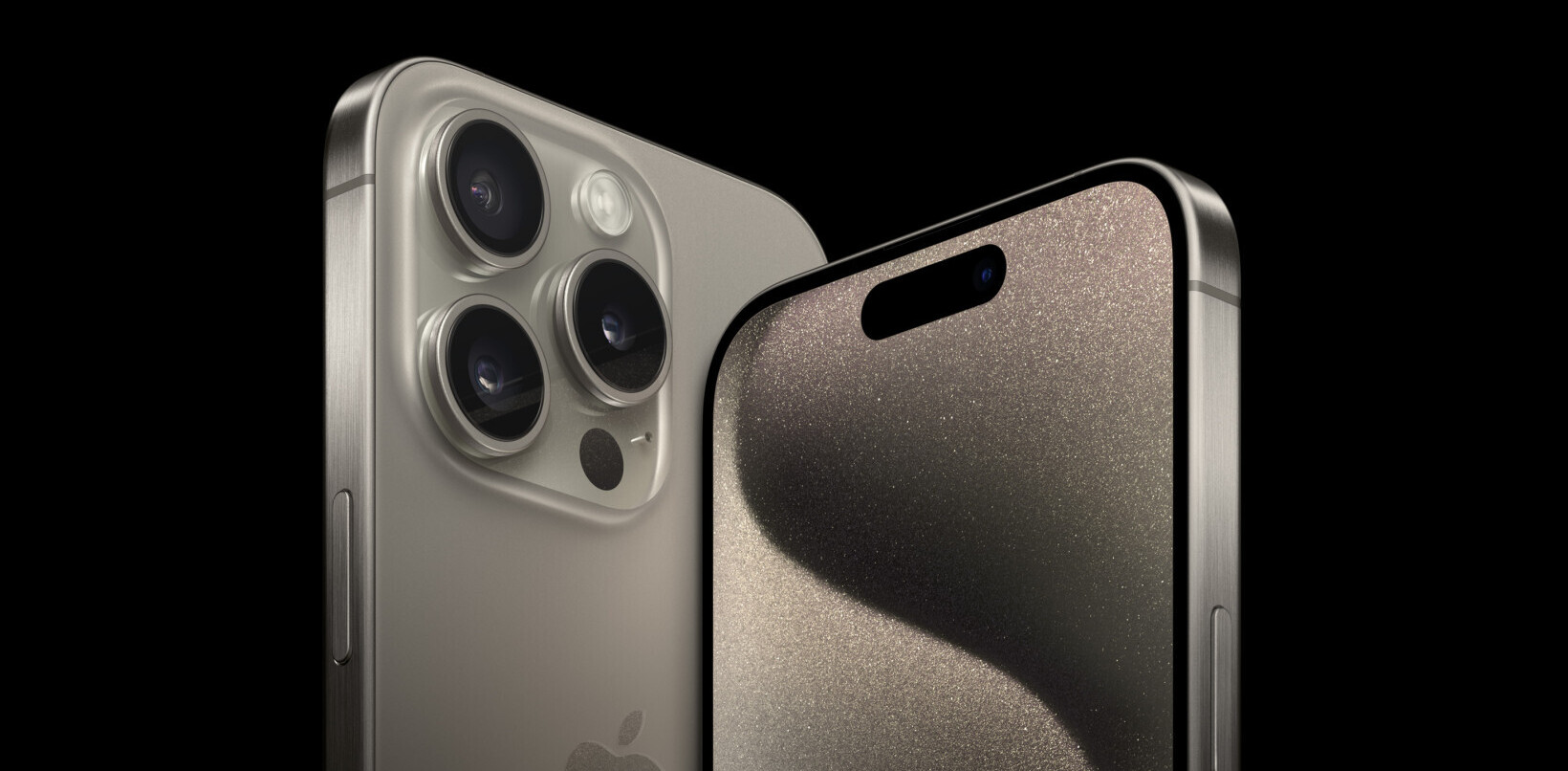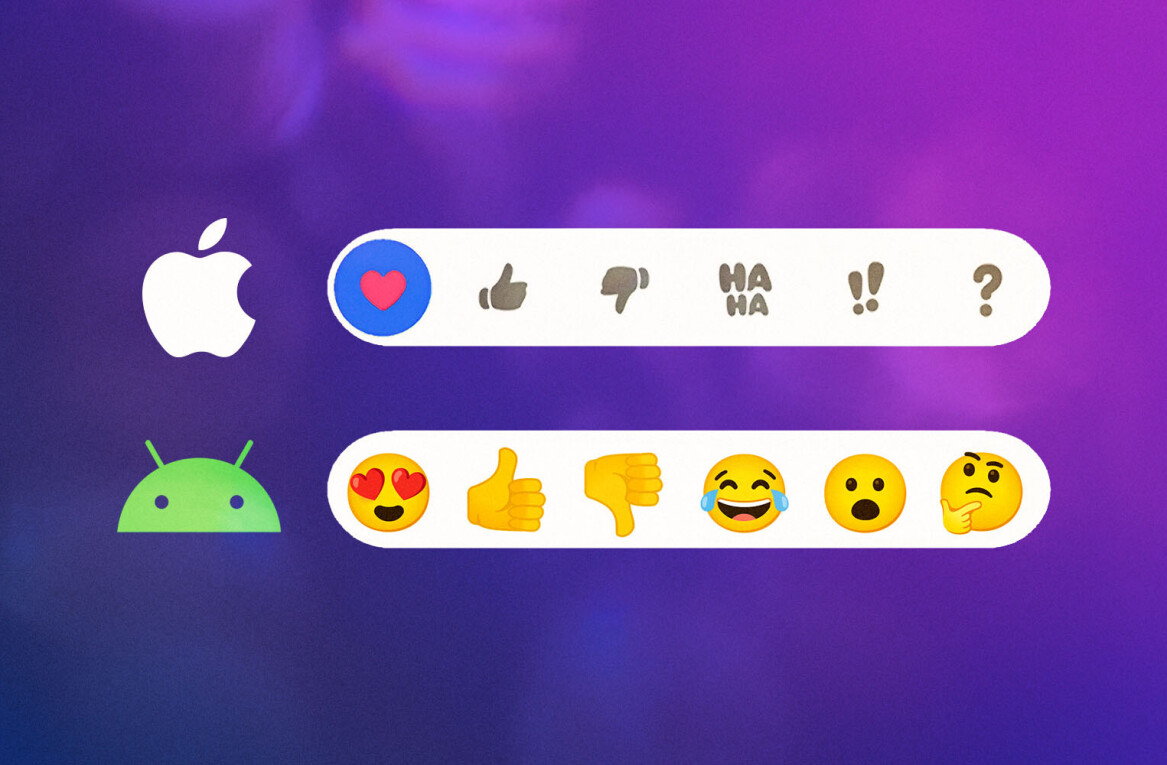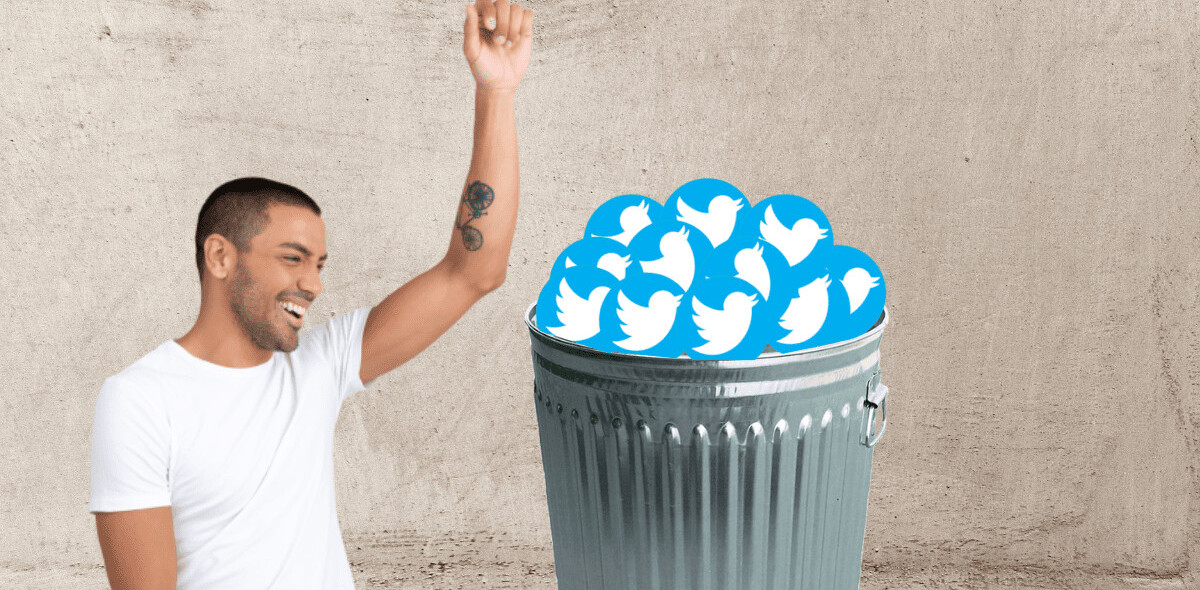
Once upon a time, the iPhone was little more than a rumor.
A rumor, sure, but one surrounding an all-new category of product from the then-coolest company in tech. Suffice to say, the media and gadget-buying public alike were stoked.
Everyone, I note, except respected columnist and broadcaster John C. Dvorak, who predicted the iPhone spelled doom for Apple, and felt it would best abandon the product, much like it did with the Newton almost ten years earlier.
In a MarketWatch post titled “Apple should pull the plug on the iPhone“, Dvorak said the iPhone was a “another device in a crowded market.”
Its previous success, the iPod, was quite unlike the phone market, which was rapidly consolidating. Dvorak predicted the phone landscape would coalesce around two players, Nokia and Motorola. As predictions go, it aged as well as “Donald Trump has no chance of winning the presidency, right?”
He also felt that Apple would struggle to make a profit in a field with razor thin margins, particularly given Apple’s taste for expensive marketing campaigns. He described the industry as “buzz saw waiting to chop up newbies.”
The iPhone is now ten.
It has outlasted its rivals.
After a disastrous bet on Windows Phone, Nokia is now the equivalent of a Hot Topic CBGB T-shirt; it’s just a name, licensed and used by another company entirely. Motorola span off its mobile division in 2011, and then sold it to Google. After just a few years, Google sold it to Lenovo for a fraction of the price it paid.
Apple has made a product that’s so desirable, not only do people pay vast sums for it (certain configurations of the new iPhone are expected to cost $1,000), but people have been known to queue up overnight for the chance to buy one.
Five years after the launch of the iPhone, Dvorak explained the reasoning behind his prediction in Network World. In a slightly long-winded post, he attributed it to how Apple deals with the media:
Apple had a policy – and still does, NOT to even talk to anyone who has annoyed Steve Jobs in the past or present. They are blackballed. Other writers who are careful never to be more than only critical in an Apple approved way get full access as long as they tow the line. Everyone in the business knows who is blackballed and who isn’t. The ones who aren’t may as well work for Apple.
So I was genuinely caught off guard with these columns where I really didn’t know anything except the miserable history of the smart phone, and I was kept in the dark by people who did know and who had all signed rigid non-disclosures. These documents should never be signed by reporters but many do it for the edge they get. So even if Apple were to show me the device I would not have been able to say or do anything except to say it was remarkable.
Avoiding these corrupt practices such as non-disclosures leaves me vulnerable when I’m trying to predict the outcome of a strategy with a product that is sight unseen. It is all theory at that point and it did not work out this time, to say the least. This column is a constant reminder. Since I’ve written over 4,500 articles over the last 30 years I would hope that people look at the track record. I blew it about six times in a major way like this. I do not consider that bad.
He went on to say that when he finally saw the device, he was “enthralled like everyone else.”
Everyone was wrong
I’m not writing this piece in order to pick on Dvorak over a ten year old dud prediction. The very nature of predictions is that they’re just guesses (some more informed than others). Nothing is for certain.
What I find interesting is that Dvorak wasn’t alone in his wrongness. Everyone was wrong, insofar as nobody knew how radically the iPhone would change the world. I wrote about this earlier today; how many people have jobs and pay their mortgages, simply because of the iPhone?
The iPhone didn’t just change the mobile landscape. It created millions of new jobs and industries, in fields as diverse as app development, adtech, content, and accessories.
Several commentators accurately predicted it would be a commercial success. But hardly anyone looked at the big picture, and thought it would fundamentally transform our culture and society in the way it did.
Tomorrow Apple will unveil a brand new iPhone. From what we’ve learned, it looks to be a significant, yet iterative update, introducing new features that already exist on other devices, and not much else.
And in the spirit of this post, I’d like to make some predictions. I’m pretty confident that tomorrow’s iPhone will not change the world. I bet it’ll be arse-clenchingly expensive, and Apple will sell a metric shit-tonne of devices.
But if I’m wrong, I’d like to hope that my predictions won’t follow me as doggedly as Dvorak’s did.
Stay tuned for all this and more from us in tandem with Apple’s event on September 12 at 10AM PT – follow our coverage here. We’re also hosting a live chat during the event, in which we’ll discuss the new products and updates: join us on this page.
Get the TNW newsletter
Get the most important tech news in your inbox each week.




